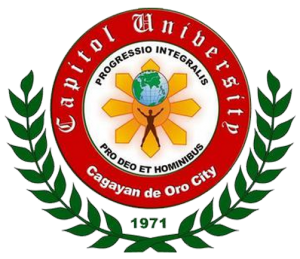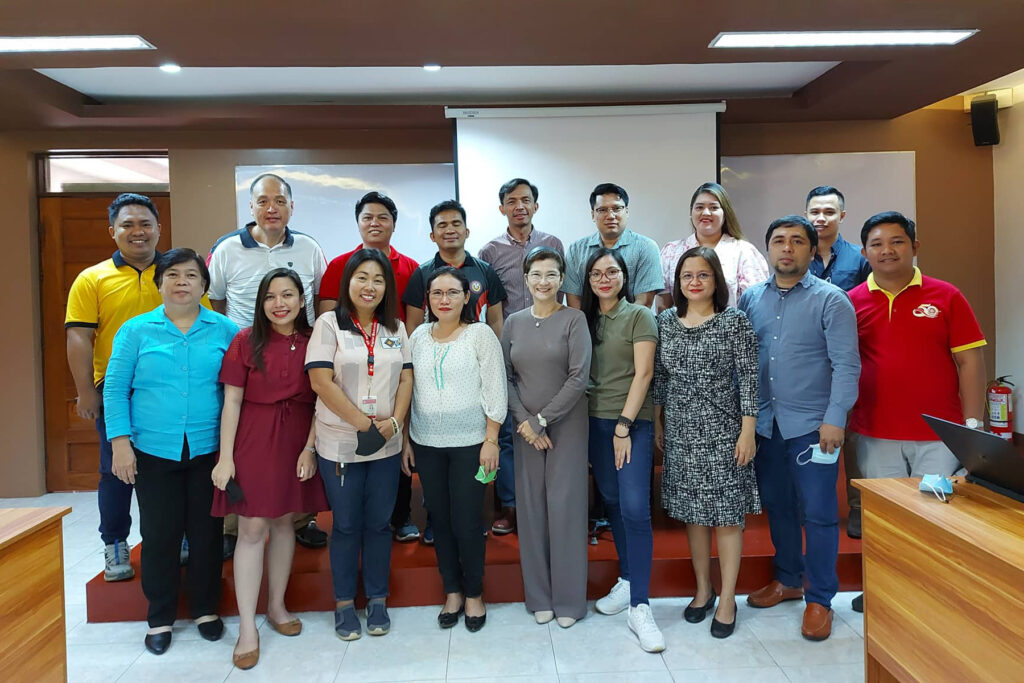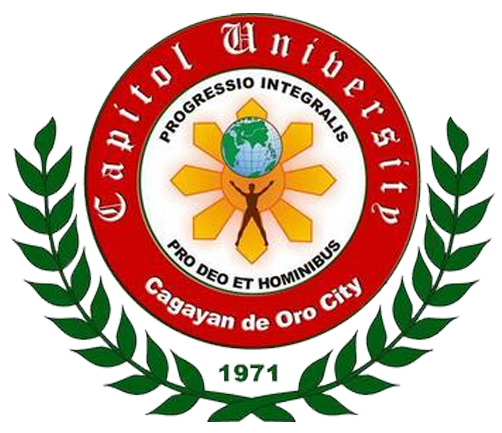Rationale and Objectives
As Capitol University offers business and management courses, innovation goes hand in hand with entrepreneurship. Innovation allows the student or the class to create new ideas, products, and processes. Entrepreneurship enables them to pursue opportunities by creating a new business venture to reap the rewards while bearing the risks. Starting with innovation and the introduction of something new and with value, it is completed with entrepreneurship by turning this new idea into a business opportunity.
Innovation and entrepreneurship are important to students – training them to apply their knowledge and channel their creativity into a project. As they pursue to learn about their project, they become independent in the process. In addition, according to Halder (2022), entrepreneurship and innovation enhances students’ logical and analytical skills that will lead them to solve an identified problem.
In an educational institution, these twin concepts exist and grow through an ecosystem. This represents the network or interconnected system that cultivates, expands, and supports the programs, projects, activities, relationships, and stakeholders of innovation and entrepreneurship.
The Business Development and Management Program of the Graduate School, through the Business Incubation and Support Center, believes that there is an urgent need to identify, characterize, and strengthen the innovation and entrepreneurship ecosystem that serves as the foundation and standard of the respective course offerings in the College of Business and Accountancy, College of Computer Sciences, College of Engineering, College of Education, and Graduate School.
Towards an Innovation and Entrepreneurship Agenda
Understanding the ecosystem shall be necessary in the definition and creation within the university of the innovation and entrepreneurship agenda, which in turn shall serve the colleges in their aim to provide students with quality education and an inventive, creative environment.
Between October 4 and October 10 2022, intimate meetings were conducted by the Business Development and Management Program Director with the Deans of colleges to introduce the proposal of mapping out the innovation and entrepreneurship ecosystem. The idea was positively supported, and these small discussions led to the October 26 2022 meeting in the Business Incubation and Support Center. Deans and representatives planned out the ecosystem mapping workshop in the short-term, which was envisioned to be the forerunner of the Capitol University Innovation and Entrepreneurship Agenda in the long-term.
This agenda is anticipated to compose of the following:
1. Innovation Center. The establishment of a shared workspace for students, creators and innovators for their research and development activities. It will feature a training area, computer systems and Internet connection, tools and equipment, 3D printers and other technology, showcase and display areas, and hospitality areas. The center shall have preincubation and incubation capacity for students and faculty.
2. Awareness Buildup. Complementing the academic courses that students take on product research and entrepreneurship will be specific lectures and special talks on the innovation process, commercialization, and financial management. This will include lectures by successful business founders, and pitching events to potential investors.
3. Faculty Training. Further capacity building for faculty members to foster consistency in the implementation and advocacy of innovation and entrepreneurship. Well-selected training will enable faculty to be aware of what they do, and to keep them abreast of the new trends and best practices for prudent adoption. Particular topics include technopreneurship and commercialization of faculty-research and student-research outputs.
4. Curriculum Review and Integration. What is learned, discussed and agreed upon during the ecosystem mapping will be synthesized into building the agenda. Colleges will review their respective curriculum map and make needed alignments to deliver the necessary skills to students. This will result in a full-blown semestral program.
5. Protocol for the Innovation and Entrepreneurship Agenda and Policy for Intellectual Property. Products, services, processes, and methods created by students will be protected by a policy created for innovation and startup. This crafted policy on commercialization and incentives will be added into the general Intellectual Property Policy of the university.
However, to facilitate this agenda is the ecosystem mapping which will not only identify the level of capability of the university, but also to build the next steps towards and coordinated directions, thus a stronger culture towards innovation and entrepreneurship.
Participants
College of Business and Accountancy
1. Dean Elizabeth Figueroa
2. Rowena Orbeta
3. Damian Lastimosa
4. Fahra Gorgod
College of Computer Studies
5. Dean Cyril Jane Ranido
6. Glenn Baldelovar
7. Milo Cagandahan
College of Engineering
8. Dean Genevieve Gabule
9. Felrose Maravillas
10. Ruel Gallares
11. Juvy Mae Vincent
12. Mark Heintje Cuanan
College of Education
13. Dean Ryan Narvasa
14. Elijah James Gargar
15. Kathleen Fookson
Graduate School
16. Dean Edwin Du
17. Heidi Grace Mendoza







